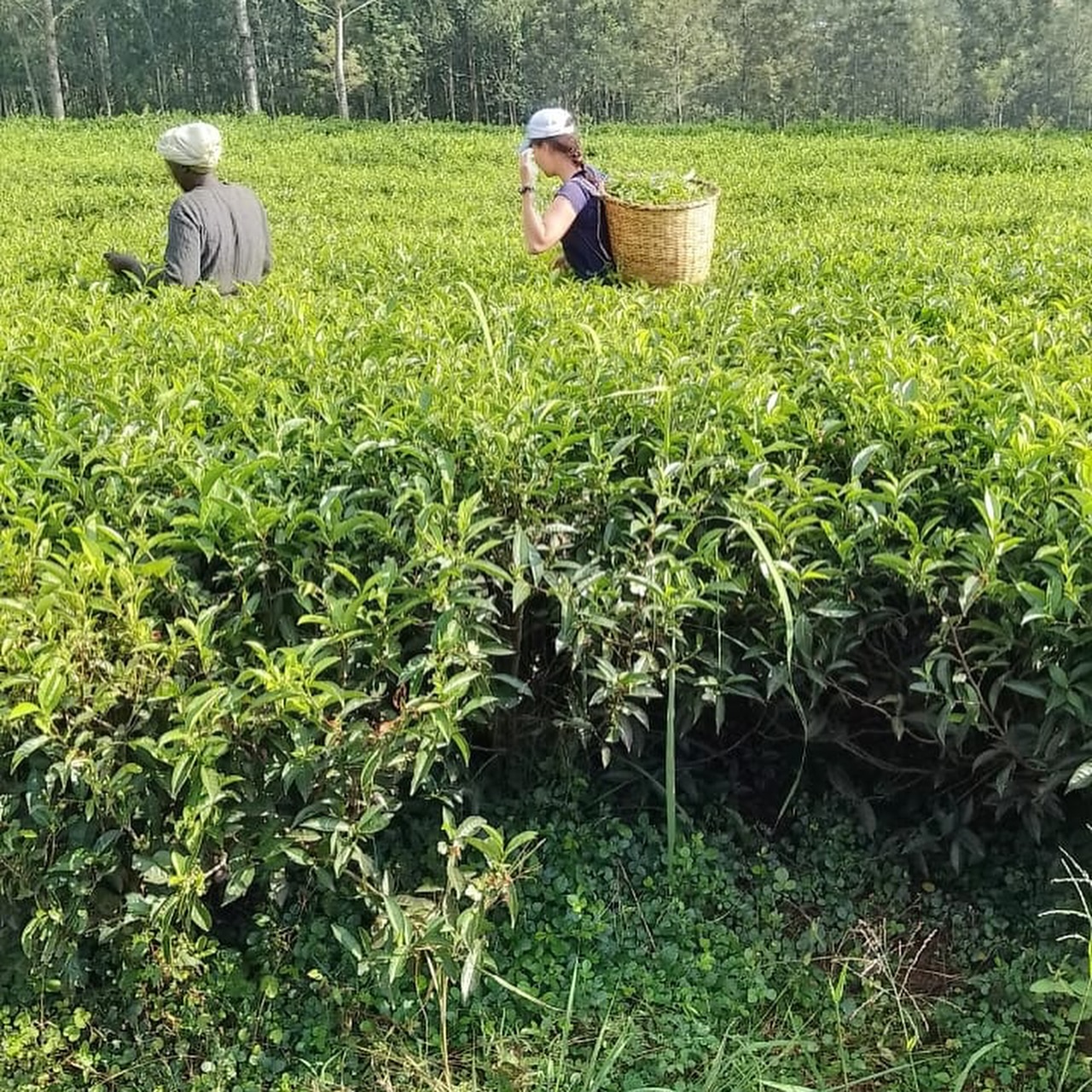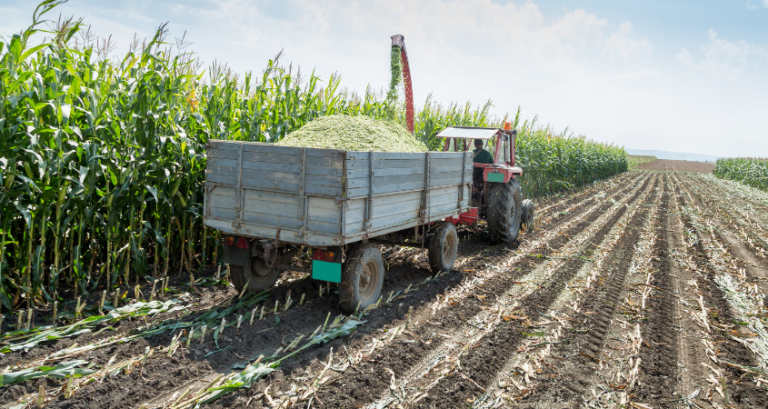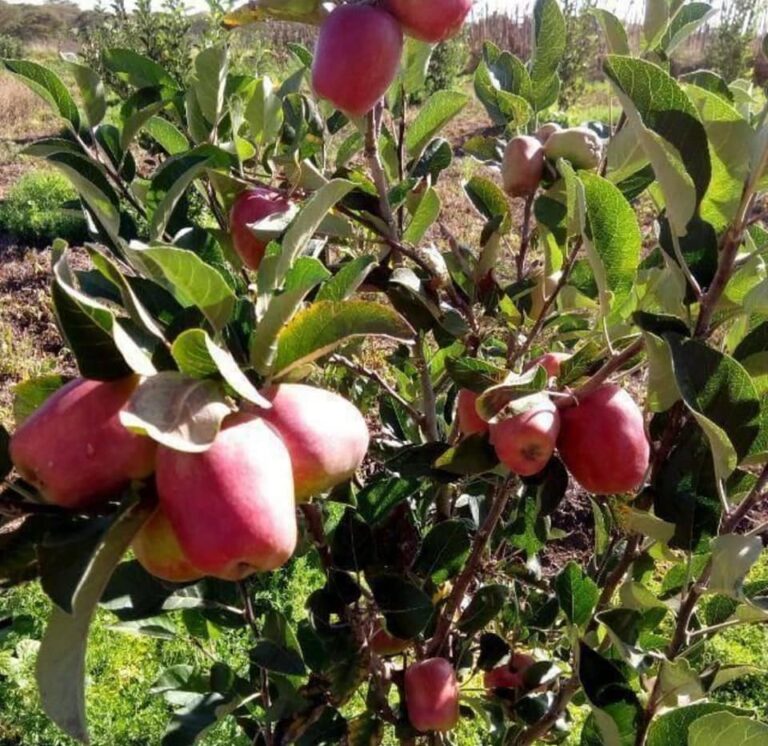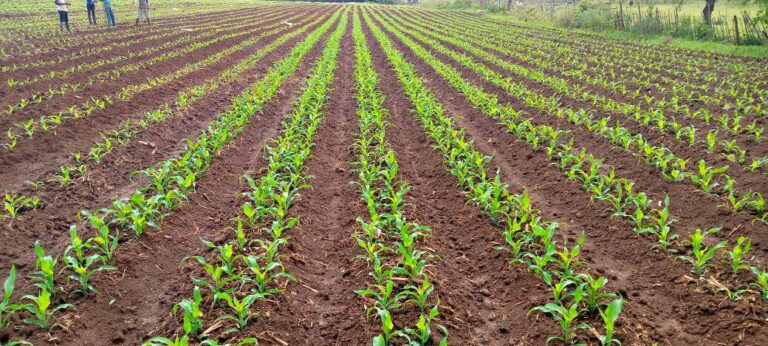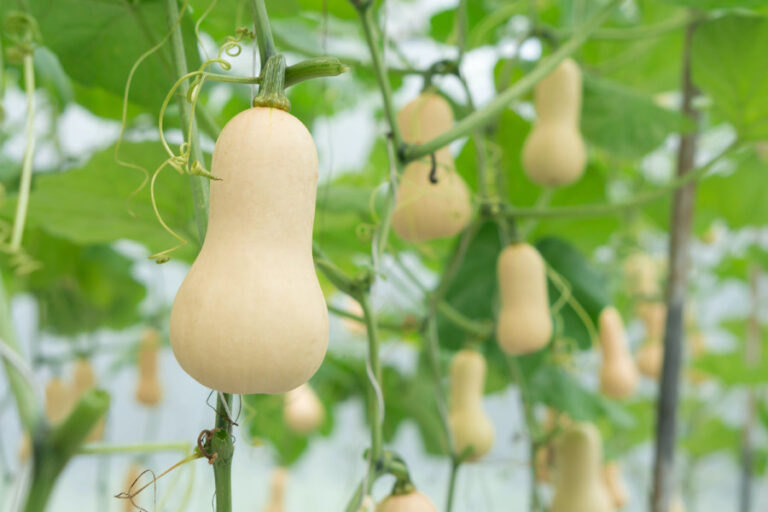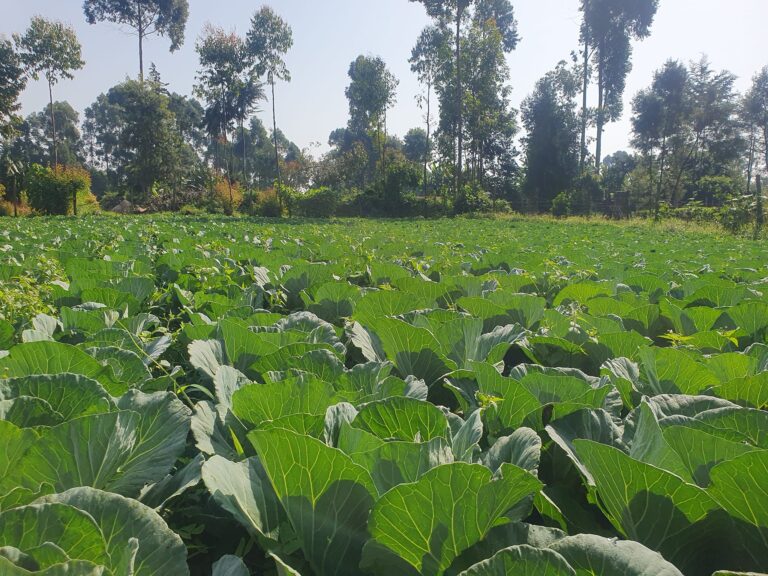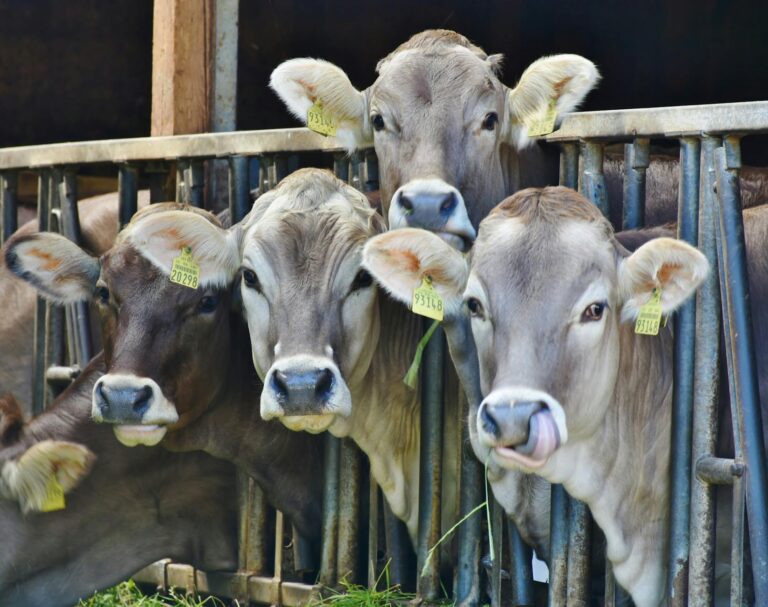Tea Production Per Acre In Kenya
Tea farming in Kenya can yield about 900 kilograms per acre per month (10,800 kgs per year) with potential earnings ranging from Ksh 191,000 to Ksh 283,000 per acre annually, depending on the region and management practices.
While tea is a lucrative crop, other crops may offer higher profits per acre under certain conditions.
Tea production in Kenya is a significant agricultural activity, contributing to the economy and providing livelihoods for many farmers.
Here are the key points regarding tea production per acre in Kenya:
Yield and Profitability
- Yield Per Acre:
- The average yield of tea in Kenya is approximately 900 kilograms of green leave tea per acre per month (10,800 kgs per year). This figure can vary based on factors such as farming practices and the specific region within Kenya.
- Earnings Per Acre:
- Earnings for tea farmers can vary significantly. In high-yielding areas, farmers can earn up to Ksh 283,000 (about USD 2,500) per acre annually, while those in average-producing areas might earn around Ksh 191,000 (about USD 1,750) per acre.
Comparison with Other Crops
Highest Profit Crop:
-
- While tea is a major cash crop, the crop with the highest profit per acre in Kenya can vary. Generally, crops like flowers and vegetables (especially those grown for export) tend to have higher profit margins compared to tea. However, exact figures can depend on market conditions and specific farming practices.
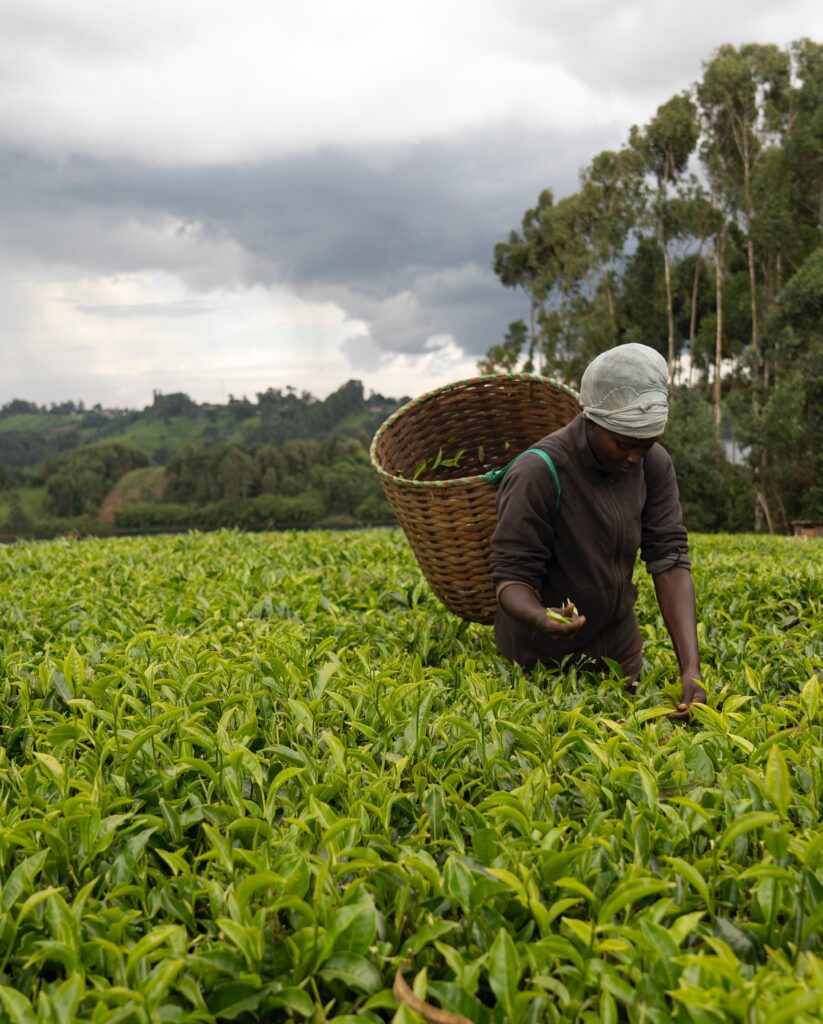
Tea Production Per Acre in Kenya: Maximizing Yield and Profitability
Kenya is a leading global producer of tea, renowned for its high-quality black teas that are favored worldwide. The tea industry plays a significant role in the country’s economy, providing livelihoods for millions of smallholder farmers.
Understanding the tea production per acre, the earnings of tea farmers, and the overall profitability of tea farming is crucial for both current and prospective tea farmers.
Tea farming in Kenya dates back to the early 20th century and has since become a major agricultural activity.
The country’s favorable climate, characterized by well-distributed rainfall, moderate temperatures, and fertile volcanic soils, provides ideal conditions for tea cultivation. Smallholder farmers dominate the sector, producing over 60% of Kenya’s tea.
Tea Production Per Acre in Kenya
Yield of Tea Farm Per Acre: On average, Kenyan tea farms yield between 700 to 11,000 kilograms of green leaf per acre monthly. This yield can vary significantly based on several factors, including climatic conditions, farming practices, and the age of the tea bushes.
With optimal conditions and practices, yields can be maximized, enhancing both productivity and profitability.
Factors Influencing Tea Yield Per Acre
Climate and Altitude
Tea thrives in regions with well-distributed rainfall, moderate temperatures (18°C to 30°C), and high altitudes (1,500 to 2,700 meters above sea level). Kenya’s highland regions, such as Kericho, Nandi, and Kiambu, provide these optimal conditions.
Soil Fertility and Management
Fertile, well-drained volcanic soils rich in organic matter are ideal for tea cultivation. Regular soil testing and appropriate use of fertilizers and organic amendments help maintain soil health and improve yields.
Tea Varietals
Kenya predominantly grows Camellia sinensis var. assamica, known for its robustness and high yield potential. The choice of clonal varieties, which are selected for their high yield and quality attributes, can also influence productivity.
Agronomic Practices
Implementing best agronomic practices, such as proper spacing, pruning, weeding, and pest and disease management, is crucial for achieving high yields. Regular plucking, typically every 7 to 14 days, ensures the continuous production of tender leaves.
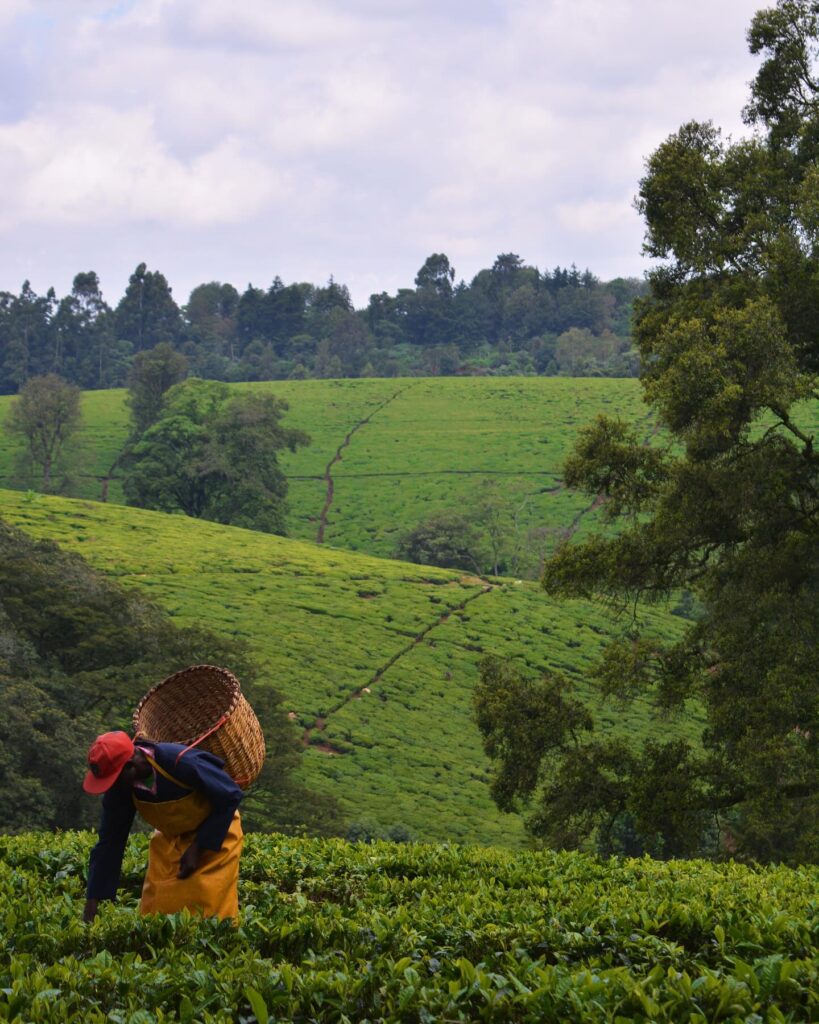
Water Management and Irrigation
Adequate water supply is essential, particularly during dry spells. While tea is generally rain-fed in Kenya, supplemental irrigation can help maintain consistent growth and yield during periods of low rainfall.
Harvesting and Post-Harvest Handling
Selective and timely plucking of tea leaves ensures that only the young, tender leaves are harvested, which are essential for quality tea production. Proper post-harvest handling, including quick transportation to processing factories, is critical to preserving the quality of the green leaf.
Earnings from Tea Farming in Kenya
How Much Can You Make Per Acre of Tea Plantation in Kenya? The earnings from tea farming in Kenya can vary widely based on yield, quality, market prices, and operational costs.
On average, a well-managed tea farm can generate between KES 193,000 to KES 283,000 per acre annually. High-quality tea that fetches premium prices can result in higher earnings.
How Much Does a Tea Farmer Earn in Kenya? The income of a tea farmer in Kenya depends on the size of their tea plantation, yield per acre, and market prices. Smallholder farmers with an acre of tea can earn an average of KES 190,000 to KES 283,000 annually, depending on the factors mentioned earlier.
Larger estates or cooperatives can generate higher incomes due to economies of scale and better access to markets.
Economic Factors Influencing Earnings
Market Prices
Tea prices are influenced by global market trends, demand and supply dynamics, and the quality of the tea. Premium quality teas that meet international standards fetch higher prices, increasing farmers’ earnings.
Cost of Production
The cost of inputs such as fertilizers, labor, and pest control measures can impact the net earnings of tea farmers. Efficient management practices that reduce costs without compromising quality can enhance profitability.
Access to Markets
Farmers who have better access to markets, either through cooperatives or direct sales, can secure better prices for their tea. Value addition, such as processing and branding, can also increase earnings.
Profitability of Different Crops in Kenya
What Crop Has the Highest Profit Per Acre in Kenya? While tea is a profitable crop, other high-value crops in Kenya include horticultural crops such as avocados, macadamia nuts, and floriculture (flowers). These crops can generate significantly higher profits per acre compared to traditional staple crops.
For instance, an acre of avocados can yield an income of KES 200,000 to KES 500,000 annually, depending on the variety and market conditions. Macadamia nuts and flowers also fetch premium prices in both local and international markets.
FAQs
What is the average yield of tea per acre in Kenya?
The average yield of tea per acre in Kenya ranges from 700 to 1,100 kilograms of green leaf monthly, depending on various factors including climatic conditions and farming practices.
How much can a tea farmer earn from one acre of tea in Kenya?
A tea farmer can earn between KES 190,000 to KES 283,000 per acre annually, depending on yield, quality, and market prices.
What are the optimal conditions for tea farming in Kenya?
Tea thrives in regions with well-distributed rainfall, moderate temperatures (18°C to 30°C), high altitudes (1,500 to 2,700 meters), and fertile volcanic soils.
How can tea farmers improve their yield per acre?
Tea farmers can improve their yield by adopting best agronomic practices, such as proper spacing, pruning, soil fertility management, pest and disease control, and supplemental irrigation during dry periods.
What other high-value crops are profitable in Kenya?
Other high-value crops in Kenya include avocados, macadamia nuts, and flowers. These crops can generate higher profits per acre compared to traditional staple crops.
What challenges do tea farmers face in Kenya?
Tea farmers in Kenya face challenges such as fluctuating market prices, high production costs, pest and disease pressures, and climate change impacts. Access to credit, market linkages, and extension services can help mitigate these challenges.
